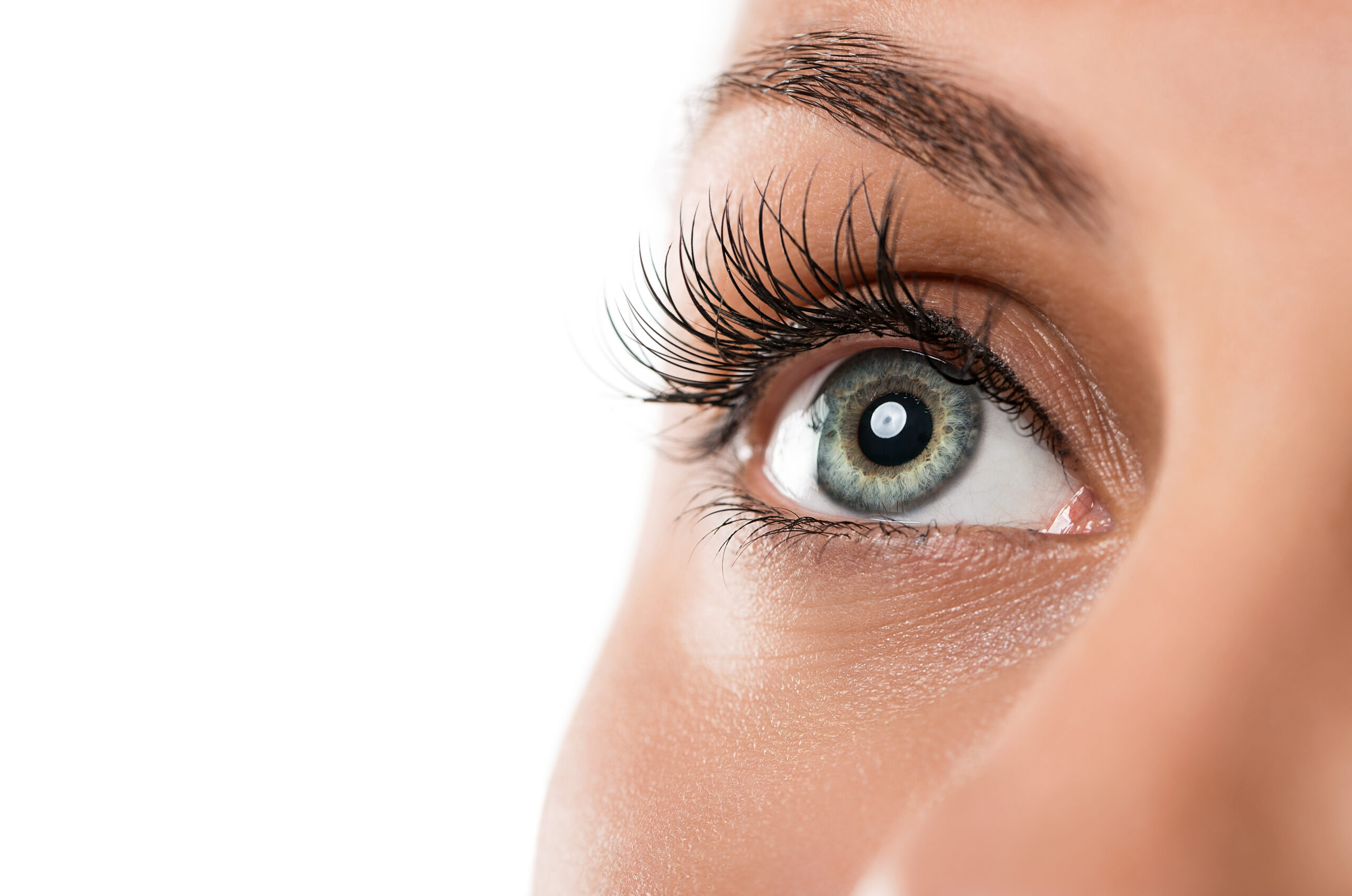Eye Care Providers
Common Eye Care Myths
Every day, we use our eyes to work, play, and complete everyday tasks. But how much do we really know about our eyes and what they do? Here are some common eye care myths that we are here to debunk for those who think they know it all.
Myth #1: You can wear your eyes out from too much use
This statement is false! If you’ve ever thought you could wear your eyes out from using them too much, don’t worry! No damage will occur to your eyes from using them for too long. The other myths that reading in low light is bad or that people with weak eyesight should not read fine print also does not harm your eyes. Your vision may change as you get older, but your eyes will not wear out from using them too much.
Myth #2: Eating carrots improves your eyesight
While carrots contain vitamin A, which is important for your eyesight, it is not the only source of vitamin A that you should eat. In your diet, you should include healthy foods that contain plenty of vitamin A, with or without carrots. While carrots are good, eating a surplus will not change your vision.
Myth #3: It’s okay to swim in your contact lenses
This statement is false! While many think it is okay to swim with your contacts in, you can cause an infection in your eyes when you open them underwater. It is safer to swim without anything in your eyes to prevent any infection from happening.
Myth #4: Contacts can prevent your nearsightedness from getting worse
Sadly, this is not true. While wearing your contacts will make it easier to see, they will not permanently fix your eyesight, including your nearsightedness. Unless you undergo Lasik eye surgery, your vision will not improve with contacts or glasses.
Myth #5: Developing ‘Second Sight’ is a sign of cataracts
Second Sight isn’t a myth at all; it’s true! Sometimes, older people who have used reading glasses for years find that they can set their eyewear aside and have no trouble reading. Sadly, their vision isn’t improving, they are actually developing cataracts and becoming nearsighted. If you notice a change in your vision, be sure to schedule an appointment with your optometrist.
Myth #6: Your eyes are protected from the sun when wearing sunglasses
Whether your eyes are protected or not depends on the type of sunglasses you are wearing. Most sunglasses with dark lenses make it easier to see outside but do nothing to protect your eyes. Make sure you are purchasing eyewear with lenses made with UV protection.
At SafeVision, we have the option to make any lenses for your pair of safety eyewear include UV protection. Your safety is our number one priority, and that means protecting your eyes from all harmful substances. To learn more about UV protection lenses, check out our blog Ultra Violet Rays and Sunglasses.
Myth #7: Kids can outgrow crossed eyes
While kids may go through many habits that don’t stick, crossing their eyes is not one of those habits you should let them continue to do. Having crossed or misaligned eyes are a serious issue that could result in surgery, using an eye patch or eye drops to fix the problem. Children don’t just outgrow crossed eyes. Please consult your child’s eye doctor early on during this issue to learn your options before it gets any worse.
Myth #8: Looking at screens for too long will damage your vision
False! With all the screens that we use daily, you may feel your eyes getting sore or tired after a long day. After long periods of staring at a screen, tiredness does not mean that you are doing any permanent damage, but there are ways to help prevent the eyestrain you are experiencing. Remember to blink more when using screens to prevent dry eye, wear blue light glasses, and remember to take breaks to look at other things around you that aren’t screens. No permanent problems will occur but give your eyes some rest.
Myth #9: Sitting too close to the TV is bad for your child’s eyesight
While your child may look funny doing this, they aren’t causing any permanent damage to their eyesight by sitting so close to the TV screen. It is okay to remind them to sit further back, but don’t worry about any issues evolving because of how close they are.
Myth #10: You should only go to the eye doctor if you have a problem
False! While you might not have any problems or might not know of any problems, it is still essential to regularly visit your eye doctor. Eye doctors monitor any prescription changes, check for diseases like glaucoma, or check for signs of other health problems like high cholesterol or diabetes. There are many reasons you should regularly see your eye doctor throughout your life, not just when you are getting older.
Now that we have told you the truth about these myths don’t let them scare you. Take care of your eyes, wear proper protection (shop SafeVision eyewear), and get regular checkups to ensure that your eyes are healthy.

